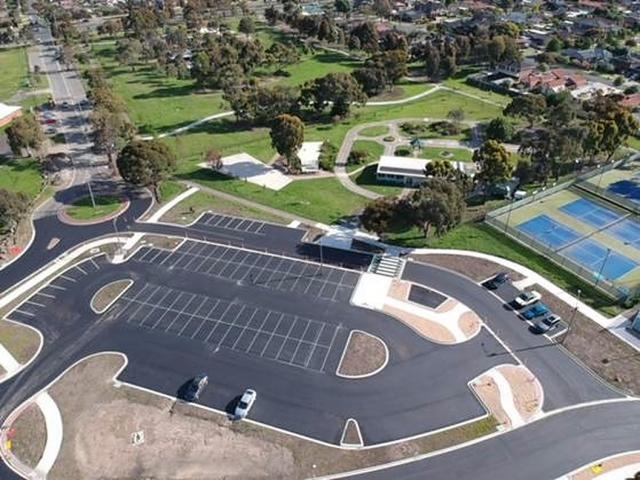A long-term study of 17,500 Australians has revealed the impact of the first year of the pandemic on households, including in Sunbury and the Macedon Ranges.
Conducted by the Melbourne Institute, the Household, Income and Labour Dynamics in Australia (HILDA) Survey is Australia’s only nationally representative longitudinal household study, and its latest report released on December 5 uses data up until 2020 to show COVID-19’s impact on Australians.
According the University of Melbourne (UoM), the report showed inequality declined significantly in Australia, with the largest fall in the survey’s 20-year history, as people received income support and other supports to respond to the growing pandemic.
“The results offered important insights into the levels and impact of assistance we provide to the most vulnerable members of our society,” report leader author Roger Wilkins said.
The report found 45 per cent of Australians said the pandemic made their lives worse. “Unemployed people, people with disability or mental health concerns, and people who are extroverted were the most likely to feel their lives were much worse because of the pandemic,” UoM said.
“Melbourne – under protracted lockdown restrictions at the time of the 2020 survey – correspondingly had the highest proportion of people reporting life under the pandemic was much worse—33.1 per cent, compared with 25.4 per cent of people in non-urban Victoria, and 16.9 per cent nationally,” UoM said.
The report said the onset of the pandemic led to the largest increase in job insecurity in 20 years, with 5.3 per cent of Victorian workers reporting they’d lost their job. Nearly one in 10 Australians were stood down without pay.
“More younger people lost their job than other age groups, with 7 per cent of working 15-24-year-olds reporting being let go because of COVID. Despite this, younger people were less likely to report life being much worse under the pandemic than older age groups,” UoM said.
“Housing-related finances were a challenge for many, as people in need reported that the banks were more generous than landlords.
“Of the 11.2 per cent of Australian renters who tried to suspend rent payments, around half (5.4 per cent) were refused.
“Victorian renters – where lockdowns were protracted – were the least successful with their requests. Meanwhile, fewer than one in 10 (1 per cent) of mortgage holders seeking to suspend mortgage payments (11.3 per cent) were refused by their lenders.”
The report also found the worsening national trend of declining mental health had been accelerated by the onset of the pandemic, with the “sharpest falls seen in our younger age groups, aged 15-24 and 25-34”.
Senior research fellow Dr Ferdi Botha said Victorians “reported lower average mental health scores in 2020 than the rest of Australia”.
“Young people, while more likely to report poor levels of mental health, were the least likely to report life being much worse due to the pandemic, which suggests this cohort has more resilience and optimism than they are sometimes given credit for,” Dr Botha said.







